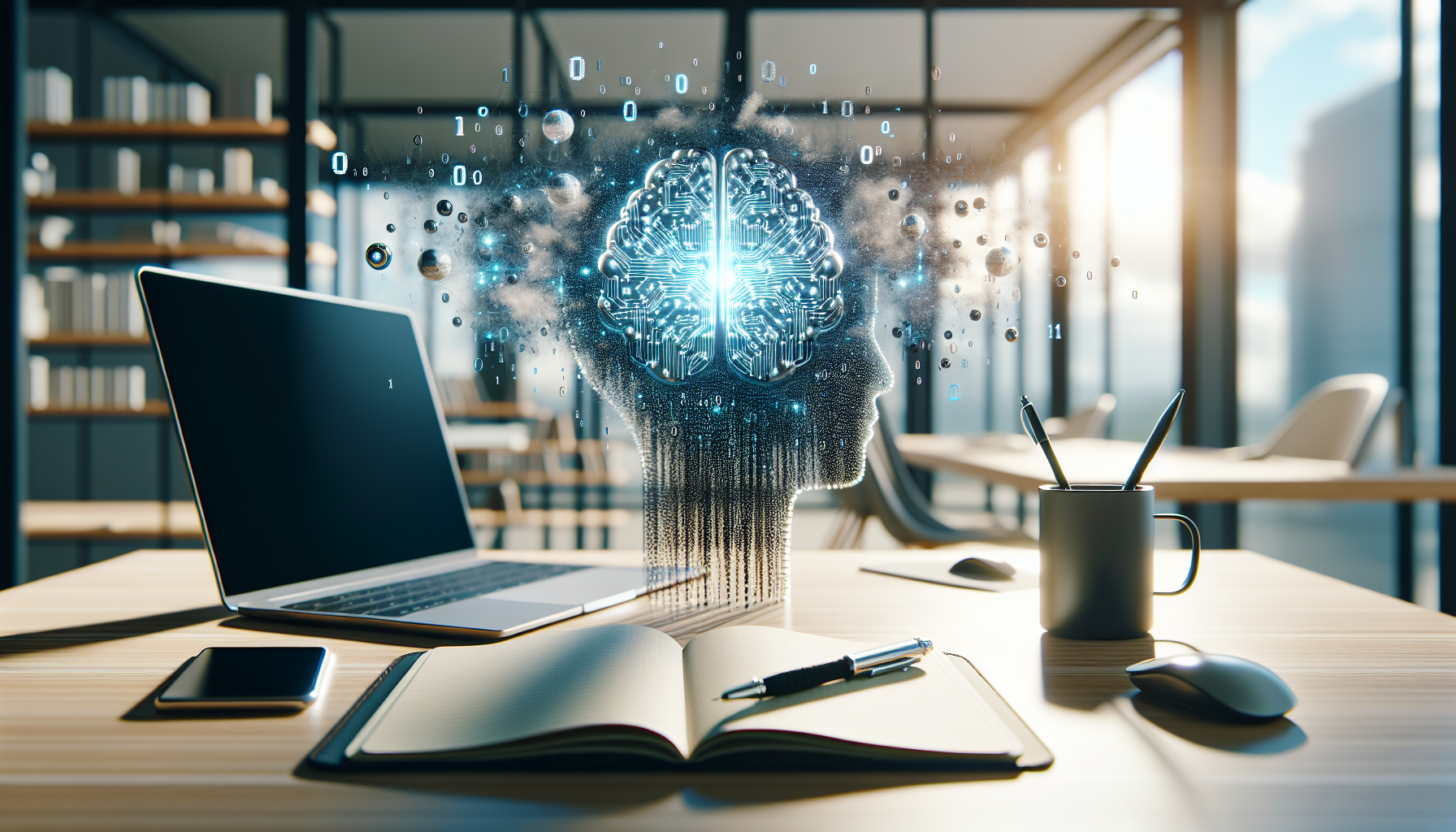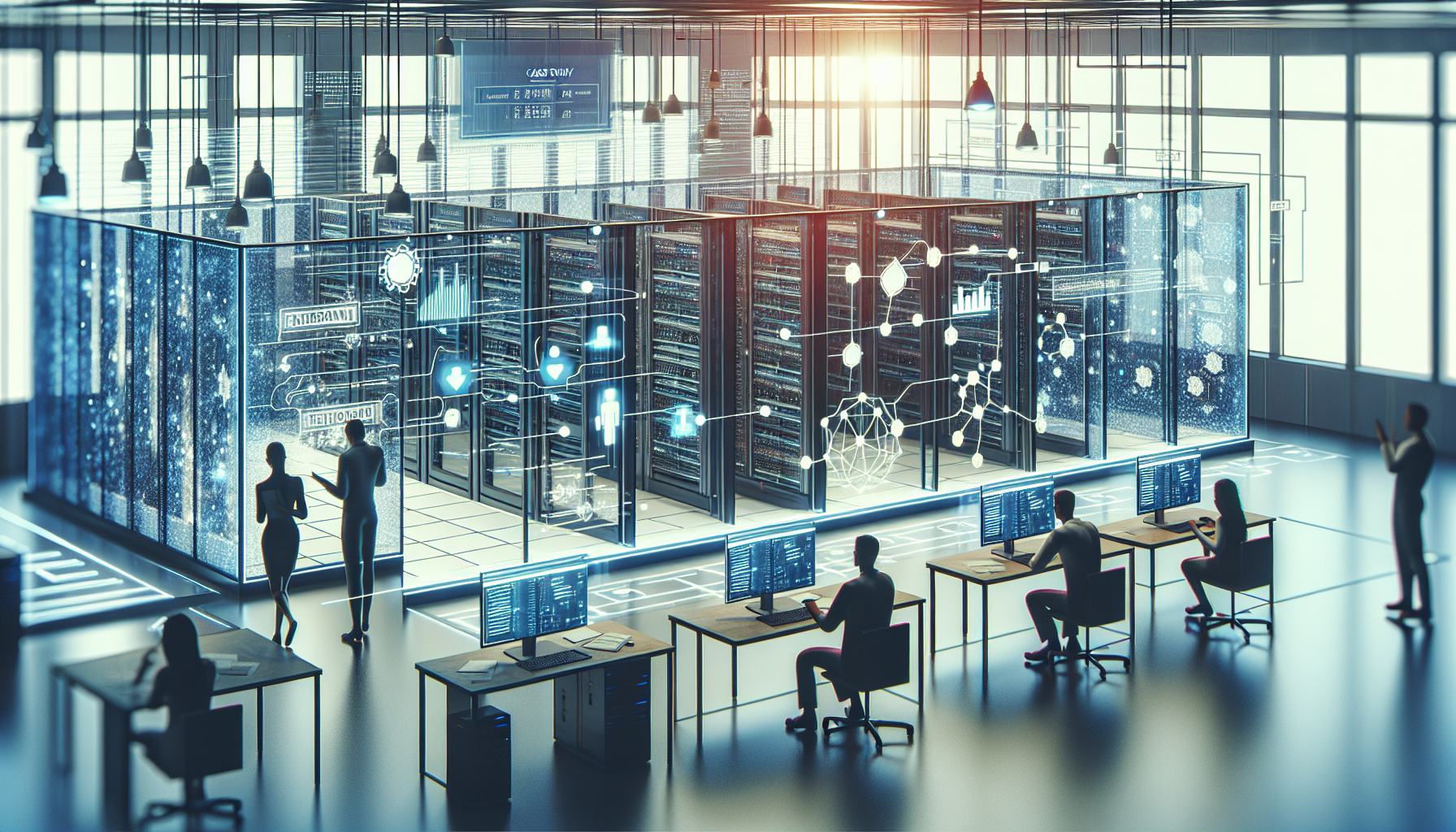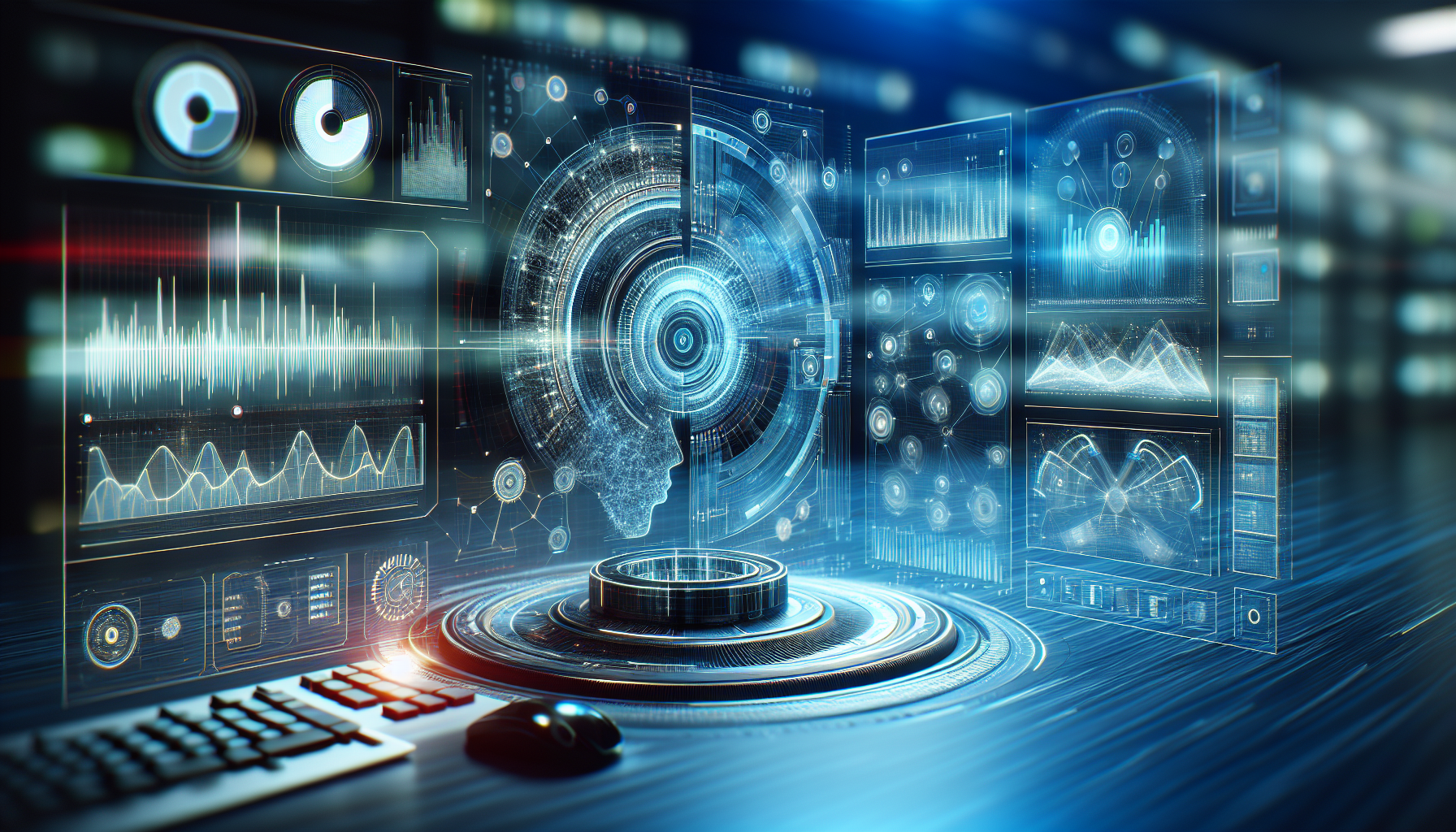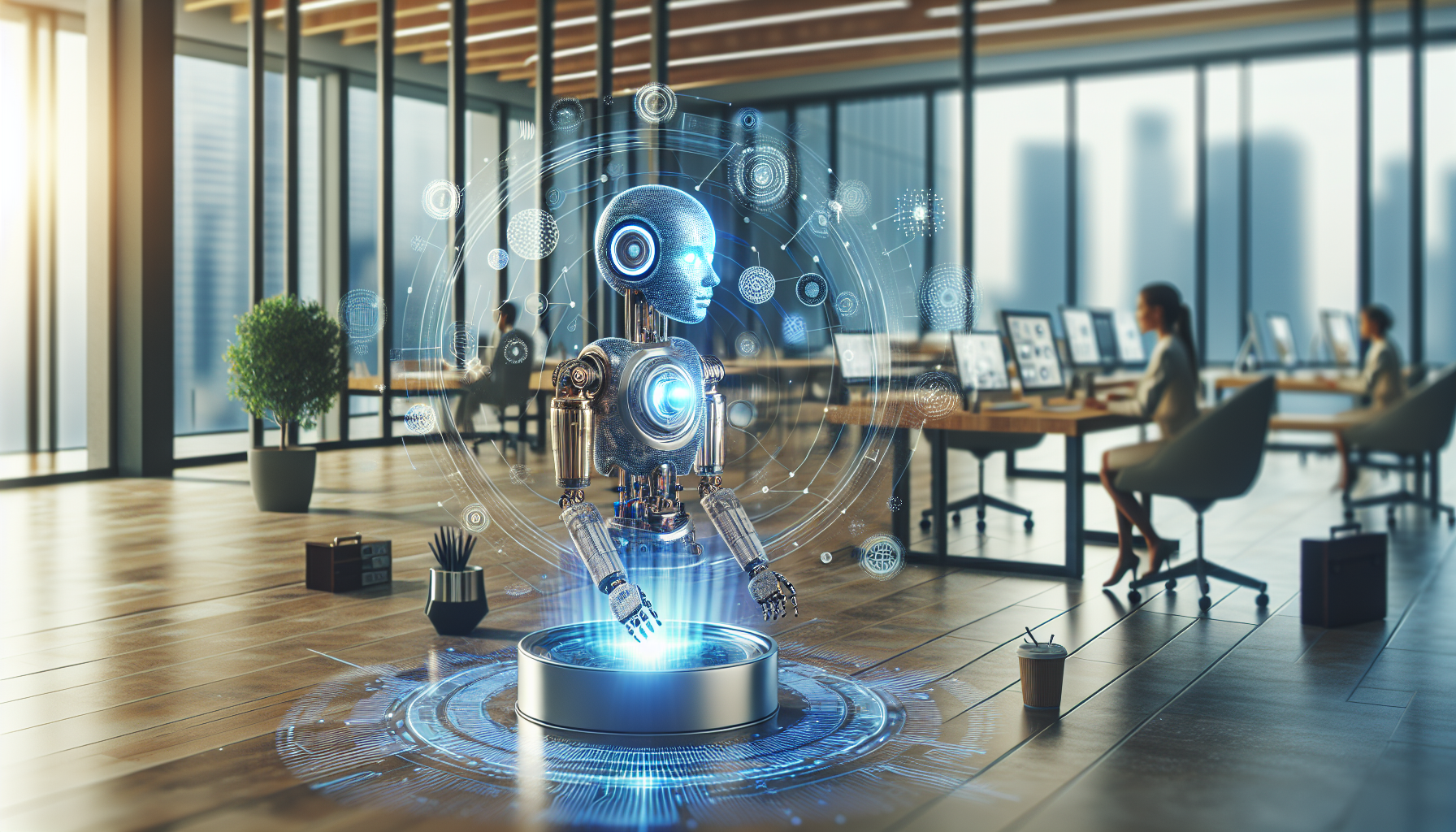
AI in Finance: Are Robots Better at Spotting Scams Than Your Uncle Bob?
October 19, 2025
Why do humans trust robots more than their own intuition when it comes to money? If you've ever witnessed the chaos of a family Monopoly game, you might understand why Aunt Sally would rather consult a calculator than Uncle Bob's questionable math skills. Enter the world of Artificial Intelligence in finance—a place where algorithms and machine learning models are the new sheriffs in town, armed with the latest technology to catch financial fraudsters and manage risks. But the real question is, can these digital deputies outsmart the old-school scoundrels?
Let's dive into the buzzing financial world where AI is playing the lead role in risk management and fraud detection. Imagine a world where your bank is like a hyper-vigilant superhero, tirelessly scanning the horizon for any signs of danger—except, instead of a cape, it's equipped with algorithms. These algorithms are the unsung heroes that work round the clock, analyzing mountains of data faster than you can say "Ponzi scheme."
Now, why are these algorithms so effective? Well, unlike your average human who might miss the red flags because they were dreaming about their next beach vacation, AI doesn't sleep or get distracted by thoughts of piña coladas. It's always on high alert, ready to spot anomalies that could signify fraudulent activity. It's like having a financial watchdog that doesn't need bathroom breaks—a truly revolutionary concept!
For instance, AI can scrutinize thousands of transactions per second. That's more than your average bank clerk could manage in a lifetime, even with the help of several cups of coffee. This ability to process and analyze data at lightning speed means AI can detect unusual patterns in spending behavior, flagging them faster than a referee in a chaotic soccer match. Whether it's a sudden surge in transactions from a tropical island or a suspiciously large withdrawal at 3 AM, AI's got its digital magnifying glass out.
But how does AI do this without the benefit of human intuition? The secret lies in its appetite for data. AI systems are trained on vast datasets, learning from past fraud cases to predict future ones. It's like teaching a dog new tricks, except this dog can sniff out a scammer from a mile away. These systems learn to understand the subtleties of human behavior, identifying what constitutes "normal" and then raising the alarm when something deviates from that norm.
Of course, AI isn't just about swatting away fraudsters. It's also a maestro in risk management. In the past, evaluating financial risk was akin to peering into a crystal ball—who knows what you might see? But now, with AI's analytical prowess, financial institutions can assess risk with the precision of a Swiss watchmaker. By analyzing market trends, historical data, and even social media sentiments, AI can predict potential risks before they become expensive realities.
Despite its digital charm, it's worth asking: Can AI replace the human touch in finance? Picture this: You're at a fancy restaurant, and instead of a charismatic sommelier, a robot rolls up to recommend the perfect wine. Sure, it might know the chemical composition of every vintage, but can it understand your love-hate relationship with Chardonnay? In the same way, while AI is remarkably efficient, it lacks the nuanced understanding of human emotions—a crucial factor in financial decision-making.
Moreover, what's humorously concerning is that even AI can be fooled. Yes, these machines are smart, but they're not immune to crafty hackers who know how to play the system. It's a bit like the Roadrunner always outsmarting Wile E. Coyote, only this time, the stakes are a tad higher than an anvil to the head.
So, where does this leave us? Should we put our faith entirely in AI, or should we maintain a healthy blend of human intuition and machine precision? Perhaps the future of finance lies in a partnership between humans and machines—a dynamic duo that combines the best of both worlds. After all, even the best algorithms might benefit from a little human insight and, dare I say, humor.
As we ponder the role of AI in finance, let’s consider this: In a world where machines are becoming increasingly intelligent, will humanity’s greatest asset remain its capacity for creativity, empathy, and intuition? Or is the joke on us, as we find ourselves being outsmarted by the very tools we created? Either way, one thing’s for sure—financial fraudsters had better watch their backs, as the AI sheriff is in town, and it's not taking prisoners.


